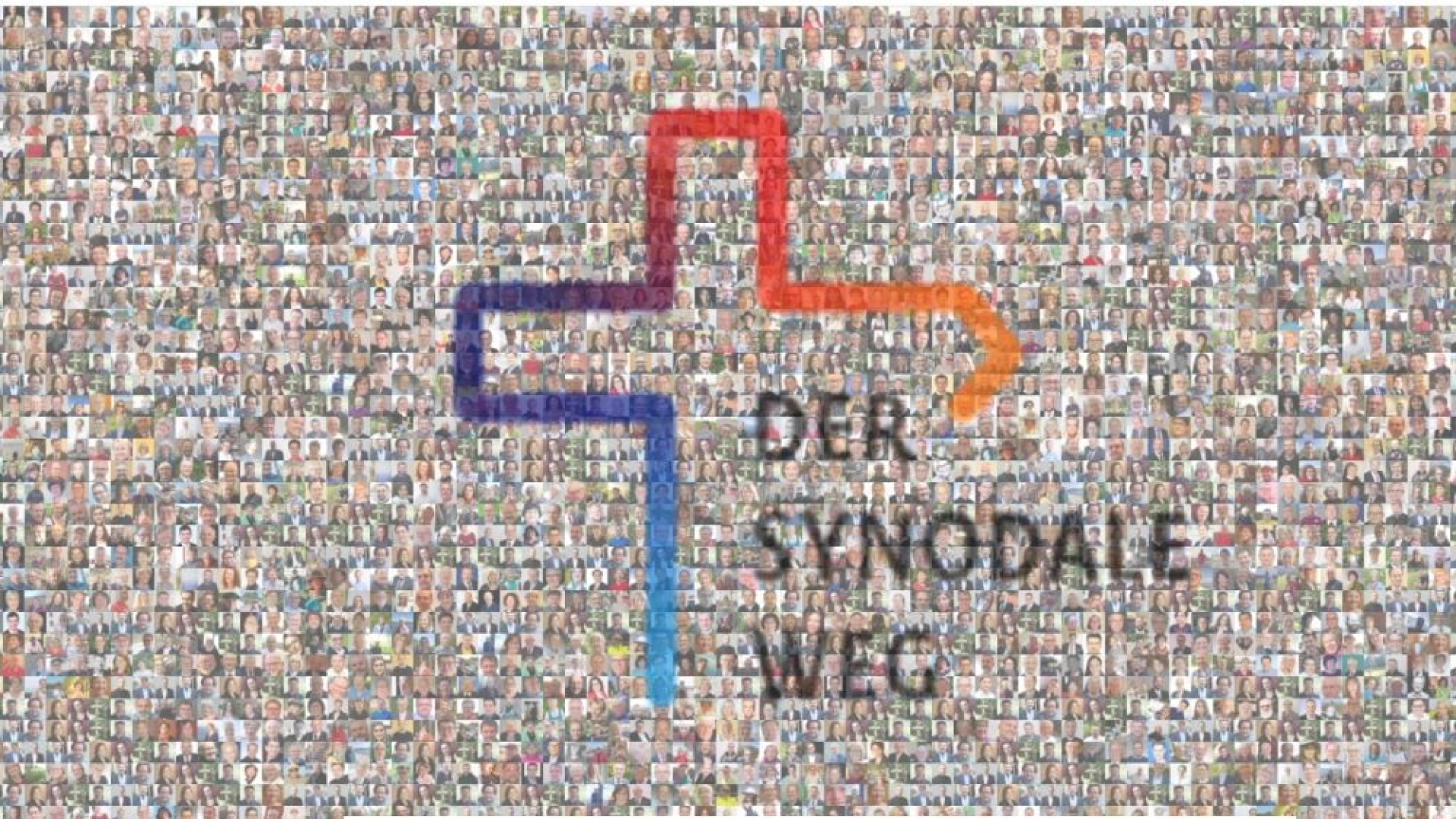Germany: Bishop Bätzing Wants to Make the Synodal Path Permanent

The Bishop of Limburg, president of the Episcopal Conference of Germany and co-president of the current Synodal Path, declared his wish to make this event – by nature transitory – permanent.
Only those who have not yet grasped the revolutionary nature of the Synodal Path will be surprised by Bishop Georg Bätzing's wish to “transform the synodal path into a continuum,” during an interview granted last Thursday, May 19, 2022, to the Evangelischer Pressedienst (epd).
“Time does not stand still,” he commented. “We cannot suspend this form of participation again. For the record, the Synodal Path was launched in 2019 and has already undergone a long preparation, followed by four meetings, including three General Assemblies which have begun to vote on texts, several of which undermine the doctrine or discipline of the Church.
Very Enlightening Precedents
FSSPX.News reported step by step on the birth and development of the Synodal Path, but also on the terrain upon which this process was born and on the models of the past that it followed, in particular the Dutch Pastoral “Council” and the famous Würzburg Synod.
What can be called a “Vatican II on a local scale” has resulted in very bold proposals: the abolition of priestly celibacy and the creation of a female priesthood. Pope Paul VI, who had just written an encyclical to defend the “sacred celibacy of the priest,” reacted strongly.
But it should also be remembered that during the fifth session, in 1970, the Plenary Assembly came out unanimously in favor of the creation of a pastoral working group intended to continue the work of the Pastoral Council. This was the origin of the creation of a National Pastoral Council. A kind of permanent Dutch “council.” Rome finally suppressed it in 1972.
Made cautious by the setbacks of the Dutch pastoral “council,” the “joint” synod of all the dioceses of Germany – which amounted to a national synod without the name – proceeded with prudence. It proved less revolutionary, but very effective.
Apart from certain results supporting a feminization of leadership positions in the dioceses, as well as the request for the appointment of women to the offices of lector and acolyte - which was carried out by Francis - the participants decided to establish a regular meeting between the German Bishops' Conference (DBK) and the laity of the Central Committee of German Catholics (ZdK).
This decision had the avowed aim of prolonging the spirit of the synod after its closure. Unlike the Dutch, whose attempt was finally stopped by Rome, the Germans have thus succeeded in setting up a sort of “permanent synod.”
A German Synodal Council
Claudia Lücking-Michel, co-president of the synodal forum “Power and separation of powers in the Church” of the Synodal Path, spoke out in favor of a “great solution” for the synodal council project of the German Catholic Church.
In an article published in the monthly Herder Korrespondenz (June edition), the ZdK official pleaded for the creation of a committee with decision-making power, composed of 69 members of the bishops' conference, 69 delegate members of the ZdK and 70 additional members designated half by the DBK and the ZdK.
This is one way to ensure a growing influence of the ZdK on the Church of Germany. According to Lücking-Michel, the 208 members of the council should meet at least once a year. The decisions could be prepared by a committee appointed by the synodal council, according to the former CDU deputy in the Bundestag.
In the same issue of Herder Korrespondenz, political scientist Mariano Barbato criticizes this plan. With the synodal council, a revolutionary power structure of a new type emerges from the “extralegal space of the Synodal Path.”
The reaction seems good, but the reason given much less so. According to the author, the council system envisaged puts power in the hands of an already dominant “oligarchy” within the Church. Since “free elections” are not envisaged, there can be no question of a “democratization” of the Church.
That the system is revolutionary is sufficiently clear. But it is in the fact of entrusting the destinies of the Church of Germany to lay people, who have absolutely no ecclesiastical jurisdiction and who cannot have any, which is very serious. It would not be the first schism that has taken this path.
Related links
(Source : CNA Deutsche – FSSPX.Actualités)
Illustration : © synodalerweg.de